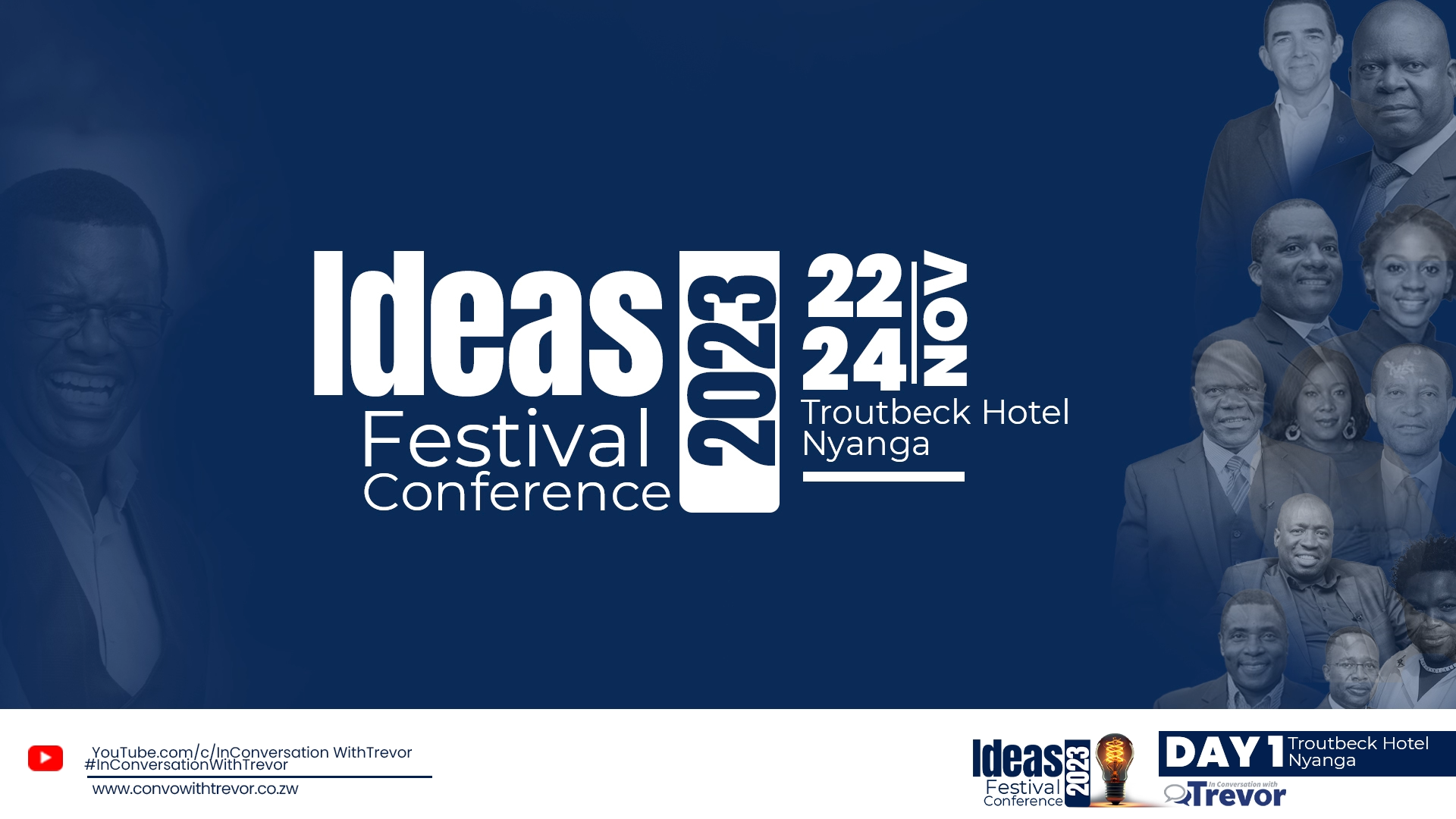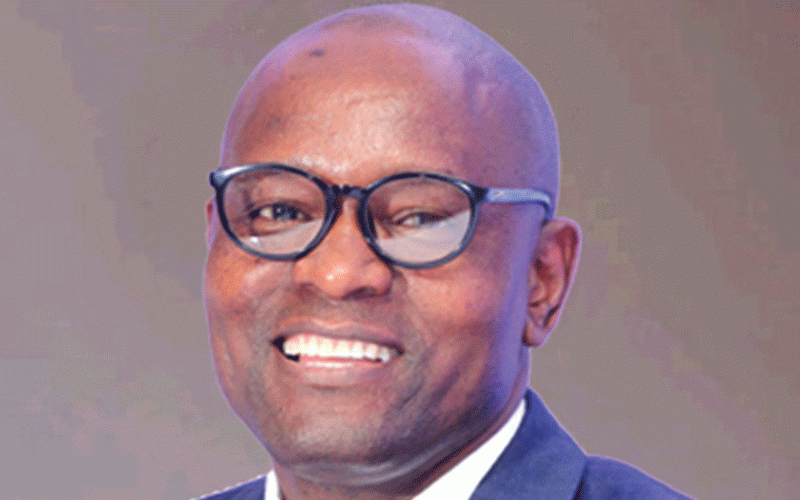“TINOONA SEKUTI ifufuro (we view it as a bribe). What is the purpose of giving judges expensive cars and huge sums of taxpayer’s money towards elections?” Siphiwe Nkiwane’s voice trembles as she recounts the brutal attack she was subjected to in Masvingo last year on August 24.
A once vibrant woman, her eyes now hold a haunting depth, reflecting the shadows of a past she desperately wants to escape.
She is a victim of politically-motivated violence, a casualty of a political landscape where justice is often a hallucination.
She recalls the night, now with a sober mind.
It was polling day, a day that was supposed to be a mirror of democracy. Instead, it turned into a nightmare.
- Triangle retrenches as economy bites
- Caledonia in US$42 million capex drive for 2025
- Mukuru launches mobile wallet in Zim to bolster financial inclusion
- Economy heads for a bloodbath: Biti
- NBS completes Glaudina housing project ahead of schedule
A group of men and women, their faces masked by darkness, stormed her house in search of documents that they thought she kept as an election observer.
They searched every corner of the house before they brutally attacked her.
“Tiratidze information yawakachengeta (Show us the information you have),” the assailants demanded.
Nkiwane was beaten mercilessly by the gang, which she suspects to be Zanu PF youths.
She decided to seek legal recourse.
Nkiwane approached the police and her case got up to the courts, her heart filled with hope.
But that hope was soon to be dashed.
The judicial process, she discovered, was a mockery of justice.
“I was beaten and they left me with bruises on my left hand,” Nkiwane told NewsDay, her voice barely audible as she continuously wiped tears rolling down her cheeks.
“I heard people speaking outside my house and the moment I went outside to check what was happening, I saw a group of men and women and I quickly went back inside.
“They broke my door, barged in and searched every corner before beating me mercilessly. The painful thing was to see women ganging up with men to beat a fellow woman just because of political issues.
“I went to the nearest police station to report, but they struggled to write a report for me to get medical attention. I was lucky though, because from nowhere a police officer came to my rescue. She wrote the report for me to seek medical attention. The challenges in dealing with politically-motivated violence starts with the police who fear dealing with such cases.”
Nkiwane added that the process of seeking electoral justice had become more difficult when taken to court due to suspected judicial capture.
Last year, 38 senior magistrates across the country’s provinces received high-class vehicles from the government ahead of the 2023 elections.
Four regional magistrates got double-cab Ford Rangers, while 34 provincial magistrates received sedans.
“I think this is a form of bribe to capture the Judiciary in cases which need electoral justice,” Nkiwane said.
She is a symbol of countless victims who have suffered in silence.
Her story is a stark reminder of a nation grappling with a crisis of conscience.
It is a call to action, a demand for a justice system that is truly independent, impartial and accountable.
According to a research conducted by the Alliance for Community Based Organisations (ACBOS) with support from Partnerships for Justice, some citizens walk more than 10km just to attend court sessions due to a poor road network.
The research, titled Strengthening Community Participation in the Justice System, highlighted lived realities of citizens in accessing justice on electoral litigation and politically-motivated violence.
Said ACBOS national co-ordinator Kudakwashe Munemo: “With the view to strengthen transparency and accountability mechanisms of the justice system, as well as citizen participation, we are raising awareness on public interest electoral litigation and politically motivated violence cases.
“We are doing this by exposing the cases to citizens, constituted as citizen juries, with support from legal experts, to identify cases, simplify them, analyse and proffer recommendations aimed at law reform and in the process, raising awareness on constitutional right.”
Justice minister Ziyambi Ziyambi told NewsDay in an interview that since 2018, the government has been working to ensure citizens get easy access to the courts.
“This is what we have been doing. Even in town, we are expanding and we are making efforts to ensure that courts are very close to the people. We are starting by identifying key areas that we are setting up,” he said.
“The courts, which we have opened since 2018, are more than what was done in any other period. We are going to the people so that they won’t travel long distances to and from the courts. We are even doing this to the High Courts, (so it’s) not only the magistrates’ courts.”
There are reports that police are sometimes caught in the crossfire when dealing with political violence issues, where politicians interfere with their work, resulting in the officers failing to discharge their duties as expected.
A case in point is that of Zanu PF Chirumanzu South Member of Parliament Barbara Rwodzi in the run up to last year's elections when she was recorded threatening an assistant inspector in the police force for daring to investigate a criminal case against one of her supporters.
Rwodzi was heard threatening to deal with the Charandura-stationed officer and promising to take the matter to Police Commissioner-General Godwin Matanga.
She called the officer names and even went to the extent of demanding to see the evidence against her supporter, albeit unsuccessfully.
“You are the one handling Danger’s case? What is his crime? Do you have evidence, I want it and when did he commit this crime,” asked Rwodzi.
“I am following everything you are doing. I am not like all these other people you are used to talking to.
“You are failing to do your job as a police officer, on 12 July I was with him. As an assistant inspector and your seniors can you not sit and discuss the matter before presenting it to law and order?
“You are a stupid idiot, you are a f**king idiot, a dog. I want to finish you, I want to take you as far as Matanga’s office.”
National police spokesperson Commissioner Paul Nyathi said they needed to assess whether the questions sent to the police required their voice or not.
However, Citizens Coalition for Change legislator Lynette Karenyi-Kore said police should take politically-motivated violence cases seriously, adding that a number of women had complained about reluctance by the law enforcement agents to deal with such cases.
She said when such cases were taken to the courts, it took years before a ruling was passed while perpetrators walked free, which discouraged a lot of women from seeking justice.
Election Resource Centre director Babra Ontibile Bhebe, however, said more work needed to be done to raise awareness among stakeholders on the significance of engaging in election litigation throughout the election cycle.
“These efforts aimed to educate and empower youths and aspiring political leaders on important aspects of the electoral process,” Bhebe said.
For Nkiwane, the physical scars have healed, but the psychological wounds will take forever to heal. The memories of the day she was attacked are a constant companion, a dark spectre haunting her dreams.
But what cuts deeper than the physical pain is denial of justice.













